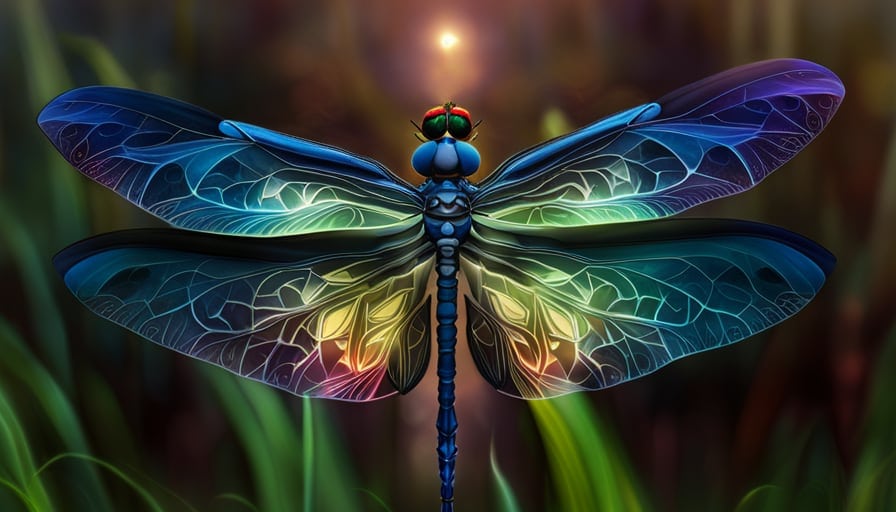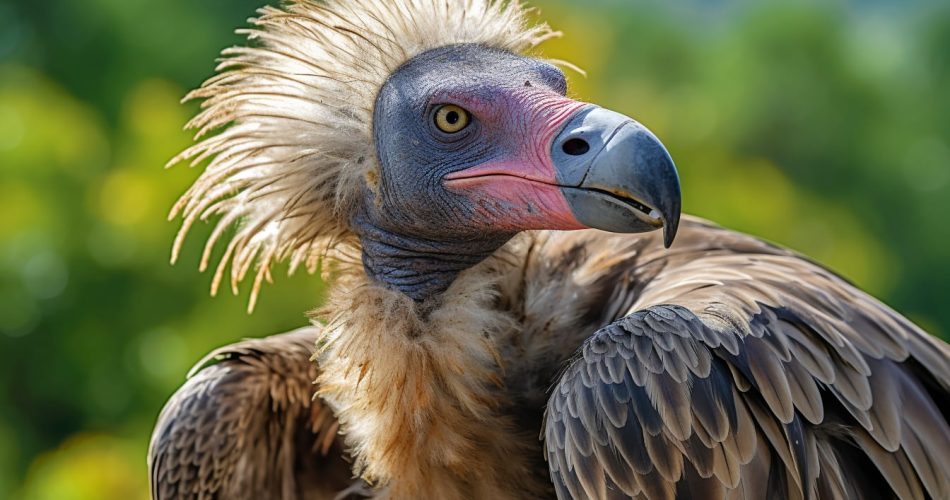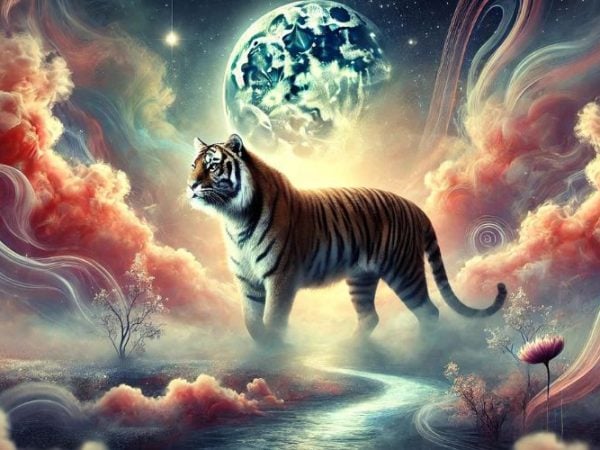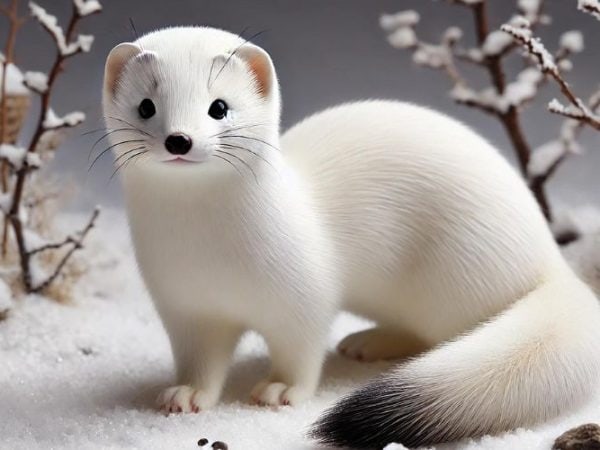Briefly
The Vulture is commonly associated with death, decay, and purification. Often seen circling above carrion, its preference for scavenging has led to symbolism related to cleansing and renewal. Despite its seemingly grim associations, the Vulture also symbolizes resourcefulness and efficiency, as it plays a vital ecological role in cleaning up remains and recycling nutrients.
Vulture in Dreams
Dreaming of a Vulture might reflect feelings of a situation or relationship that is in decline or needs to be purged. It could symbolize the need to cleanse oneself of negative influences or to find value in what others have discarded. Psychologically, a Vulture may represent an aspect of the subconscious that deals with endings, transformation, or an understanding of life’s natural cycles.
Vulture in Myths and Folklore
Vultures have been a part of mythologies and cultural beliefs across different societies. In ancient Egypt, the Vulture was a symbol of maternal care and protection, often associated with the goddess Nekhbet. In Native American traditions, the Vulture’s scavenging nature has been interpreted as a symbol of cleansing and renewal. In Tibetan culture, the practice of “sky burials” involves Vultures consuming the deceased’s remains, signifying the impermanence of life and the natural cycle of life and death. The Vulture’s unique role in nature has made it a powerful and complex symbol in various myths and traditions.

Read also Dragonfly Symbolism & Meaning

Reviewed by Alexander Lys, M.L., a specialist in the field of symbolism research and dream psychology. A certified participant in numerous psychological seminars and courses, the author of hundreds of articles on psychology, including studies on symbolism in dreams and myths from a scientific perspective.



